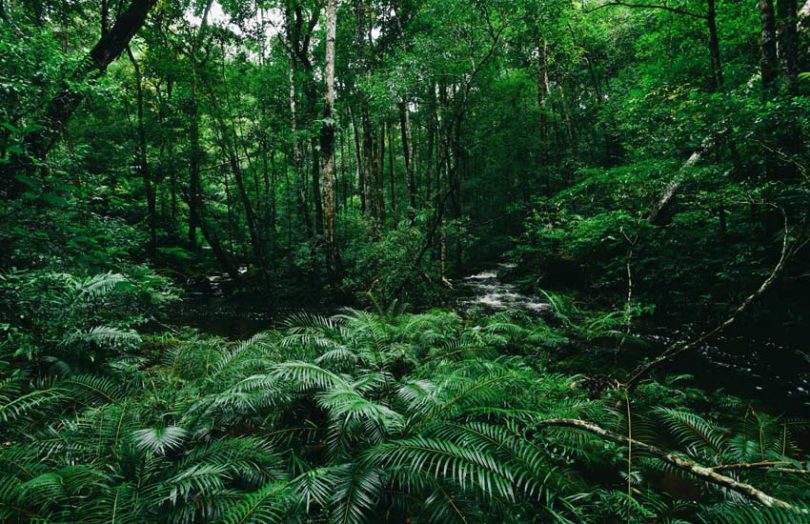On 23 September 2020, Brazilian meatpacking firm JBS SA announced it will monitor its entire deforestation supply chain by 2025 through a blockchain-based platform, JBS Green Platform. JBS plans to further support the Amazon by contributing R$ 250 million (USD $44.7 million) in the first five years to finance sustainable development initiatives.
Project ‘Together for the Amazon‘
Brazil is criticized over its handling of the Amazon’s destruction. According to ScienceMag, deforestation in the Amazon has risen by 28% in comparison to the amount cut last year, with research showing the vast majority of deforestation is conducted illegally. Cattle ranching is by far the largest contributor. As the world’s largest meatpacker, JBS’ project is a huge step in the right direction. The overarching focus is on the sustainability of the value chain, forest conservation, communities’ socioeconomic development, and scientific and technological development. This is where the Green Platform comes in.
How it works
The JBS Green Platform uses blockchain technology to compare livestock suppliers’ transportation information. This data gets sent to others in the supply chain, not just direct suppliers but also their suppliers. This enables JBS SA to identify, monitor, and analyze all the participants in its supply chain.
The data collected will be analyzed through the JBS Supplier Monitoring System, based on their Response Procurement Policy. Financial institutions, farming input suppliers, and producers will have access to the system, with blockchain ensuring the data’s confidentiality, security, and transparency. This means external parties will be able to determine whether they are indirectly contributing to deforestation through cattle ranching. The results are then reported in their Annual Sustainability Report.
There are four stages to this operation. JBS aims to have developed the blockchain platform by the end of this year. It’ll then begin analyzing the suppliers of direct suppliers in one state, Mato Grosso. Thereafter it will extend to other states in the Amazon Biome. The final stage involves the mandatory adherence of the Green Platform for all direct suppliers that wish to sell cattle to JBS. However, JBS does not intend to leave suppliers behind. The platform can provide environmental, legal, and livestock advisory services to livestock farmers to support and include Amazonian suppliers.
The platform is not without its criticism. Co-founder of think-tank Igarapé Institute, Robert Muggah, questions whether all actors will have the technological proficiency necessary, as reported by the Financial Times. “Will indirect suppliers in the middle of the Amazon have access to the internet, hardware and the digital literacy to manage this process?”
Palm oil is an equally controversial product, as its production requires large areas of forests to be removed. Removal often requires burning the forests, further contributing to greenhouse gas emissions, and destroying endangered species’ habitats. As with the meat industry, blockchain is now being used to combat palm oil’s sustainability issues. Earlier this year, blockchain firm BloomBloc and the Malaysian Palm Oil Council piloted a traceability platform to improve Malaysian palm oil supply chains and revenues with a focus on sustainability.
Coffee supply chains are being monitored through blockchain technology for sustainability purposes too. Coffee firm J.M. Smucker Company is using Farmer Connect’s food traceability app to allow consumers to trace their coffee back to its origin, increasing traceability, efficiency, and fairness in the coffee supply chain.







